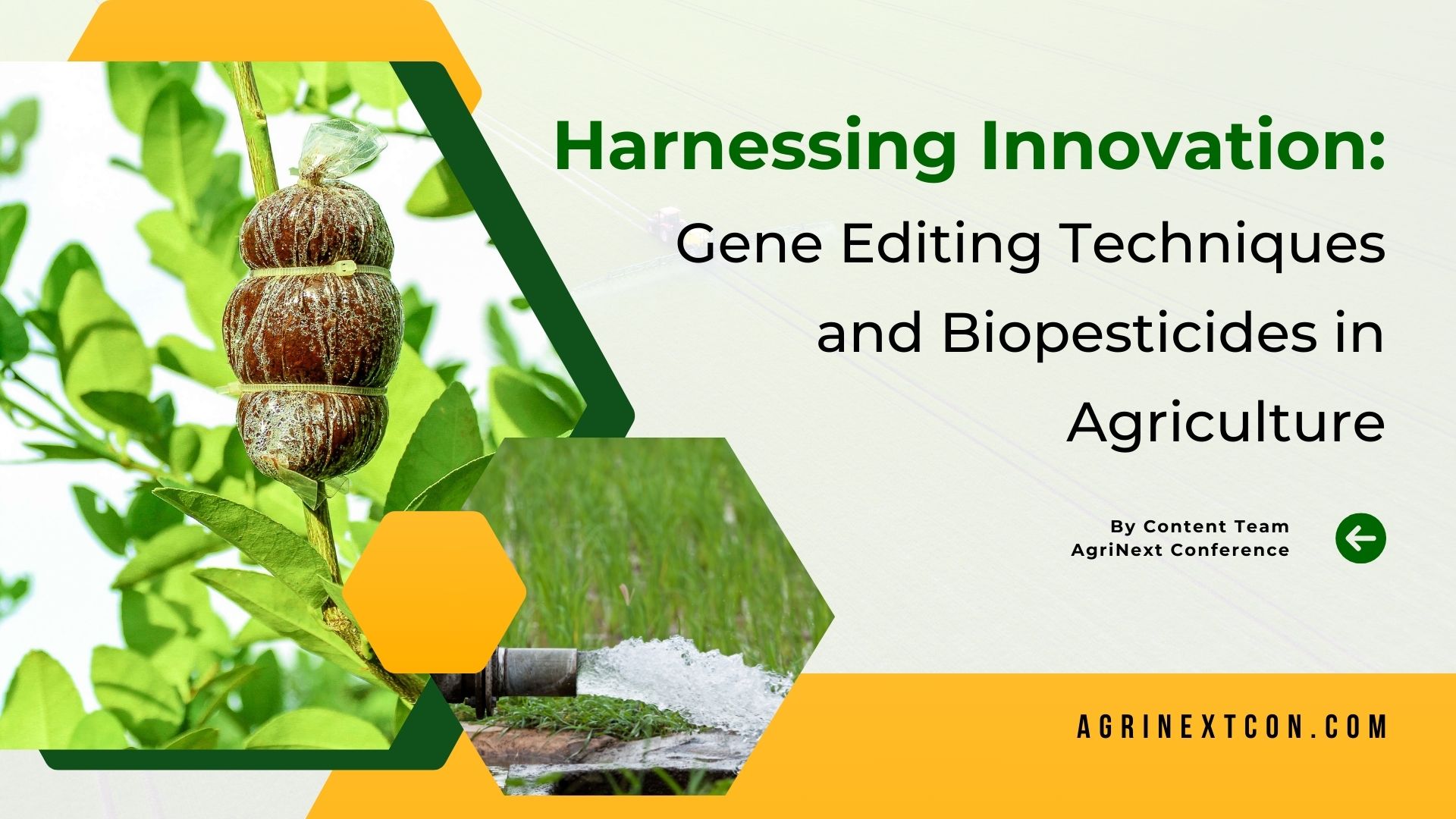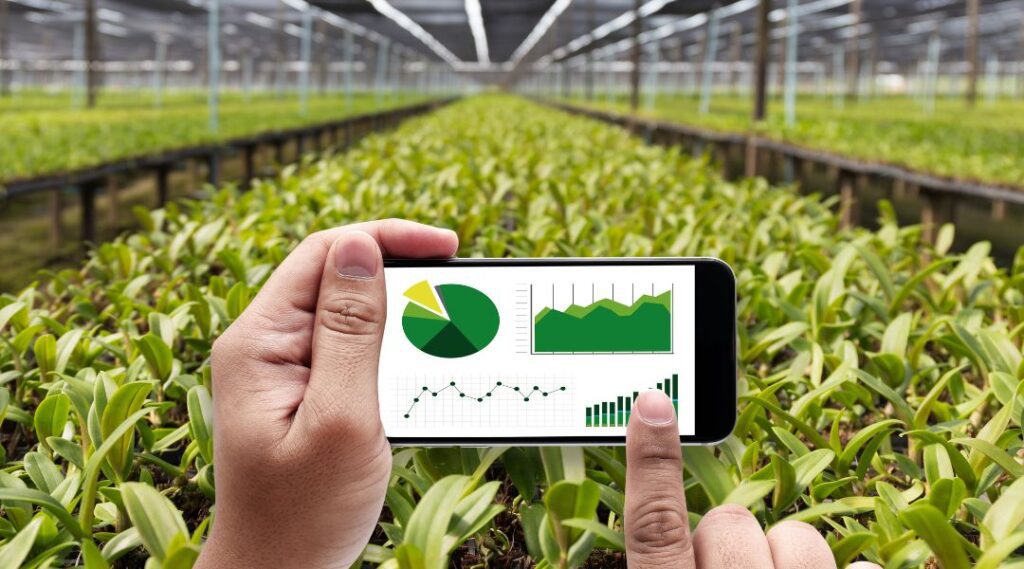
Introduction
The article explores how cutting-edge technologies such as gene editing techniques and biopesticides are transforming agriculture. It discusses their roles in enhancing crop production, resilience, and sustainability, highlighting their precision and natural solutions for addressing challenges in food security and environmental impact
The Rise of Biotechnological Solutions
In today’s rapidly evolving agricultural landscape, farmers face numerous challenges, from climate change and pest outbreaks to soil degradation and dwindling natural resources. In the quest for sustainable and resilient food production, scientists and farmers alike are turning to innovative solutions rooted in biotechnology. Two such technologies, gene editing techniques and biopesticides, are emerging as powerful tools to enhance crop production and resilience while reducing environmental impact. In this article, we explore how these cutting-edge technologies are revolutionizing agriculture and shaping the future of food security.
Table of Contents

Gene Editing Techniques and Biopesticides in Agriculture
Gene Editing Techniques: A Precision Approach to Crop Improvement
Gene editing, particularly with CRISPR-Cas9 technology, has revolutionized the field of genetics by enabling precise modifications to the DNA of living organisms. In agriculture, gene editing holds immense promise for crop improvement, offering targeted solutions to enhance traits such as yield, disease resistance, and nutrient content.
One of the key advantages of gene editing techniques is their precision and efficiency. Unlike traditional genetic modification methods, which often involve introducing foreign genes into a plant’s genome, gene editing allows scientists to make precise changes to existing genes without introducing foreign DNA. This targeted approach minimizes unintended side effects and accelerates the breeding process, leading to faster development of improved crop varieties.
Biopesticides: Nature’s Solutions for Pest Management
Biopesticides are naturally occurring substances derived from living organisms, such as bacteria, fungi, or plants, that control pests through various mechanisms. Unlike synthetic pesticides, which can have negative environmental and health impacts, biopesticides offer a safer and more sustainable alternative for pest management.
One of the key advantages of biopesticides is their specificity. Many biopesticides target specific pests while posing minimal risk to non-target organisms, including beneficial insects and pollinators. This targeted approach reduces the environmental impact of pest control and helps preserve ecosystem balance.
Furthermore, biopesticides offer novel modes of action that can help mitigate pest resistance. By targeting pests through multiple mechanisms, such as disrupting their reproductive cycle or interfering with their feeding behavior, biopesticides can effectively control pest populations while reducing the risk of resistance development.
Enhancing Crop Production and Resilience
When combined, gene editing techniques and biopesticides offer a powerful integrated approach to enhancing crop production and resilience in agriculture. By harnessing the precision of gene editing to develop crop varieties with improved traits such as pest resistance or drought tolerance, farmers can reduce reliance on chemical inputs and promote environmental sustainability.
Additionally, biopesticides provide farmers with effective tools for managing pest populations while minimizing environmental impact and preserving beneficial biodiversity. When used in combination with genetically edited crop varieties, biopesticides can offer synergistic benefits, providing multiple layers of protection against pests and enhancing overall crop resilience.
Looking Ahead: Opportunities and Challenges
As gene editing techniques and biopesticides continue to advance, the future of agriculture holds immense promise for sustainable and resilient food production. However, challenges remain, including regulatory hurdles, public acceptance, and concerns about intellectual property rights and equitable access to technology.
Moving forward, it will be essential to strike a balance between innovation and responsible stewardship, ensuring that these technologies are deployed ethically, safely, and equitably. By harnessing the power of gene editing techniques and biopesticides in a holistic and integrated manner, farmers can build more resilient agricultural systems that are better equipped to meet the challenges of the 21st century while safeguarding the health of our planet and future generations.
